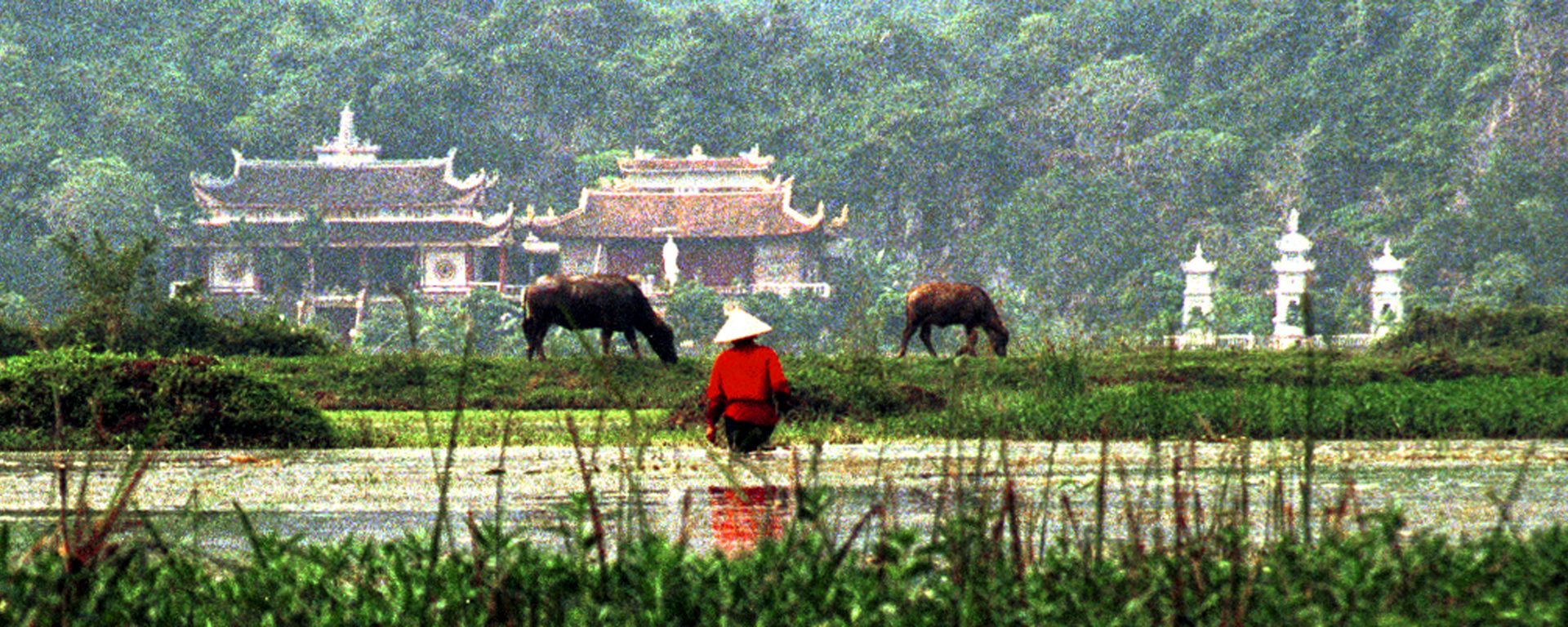This section aims at providing a brief overview of some of the fundamental texts and principles that lie at the heart of the art. Karate is more than a mere physical activity or sport.
Starting with a quote…
“Karate has no philosophy. Some people think that the tradition of Karate came from Buddhism and Karate has a connection with the absolute, space and universe, but I don’t believe in that. My philosophy is to knock my opponent out, due to the use of only one technique. One finishing blow!” (Mikio Yahara, former Japanese World Cup Champion, known for single-handedly defeating 34 local gangsters, and turning up for a competition with a knife wound.)
But for others, it is a way of life aiming at simultaneousy developing mind and body in a harmonious fashion, leading to a balance of mental, technical and physical skills that cannot be matched by physical strength alone.
Lessons learnt in the dojo should be applied by karateka in their everyday life. One of the most fundamental precepts of karate is that its practitioners are to be peaceful at all times, but if conflict is unavoidable, the true karateka must defend himself and eliminate the threat with a single blow.
As described in JKA materials, “the result of true karate is a natural, effortless action; achieving confidence, humility, openness and peace is only possible through perfect unity of mind and body; this is a core teaching of Zen, the basis of Bushido, and at the heart of karate philosophy.”
Bushido (武士道)
True karate is based on Bushido (also known as the way of the warriors), which has been the samurai code of conduct in Japan for centuries. Based on the teachings of Zen, Bushido was intended to help the samurai master their nature and understand their minds and the universe through direct experience—as well as through fostering strength, self-control and wisdom.
Click here to learn about the seven fundamental principles of Bushido.
Dojo Kun
The Dojo Kun is recited at the conclusion of every karate training, allowing the students to reflect upon the guiding principles of karate-do (attitude and virtues to strive for both within the dojo, and outside).
Details of the Dojo Kun can be found here.
Tode Jukun
In October 1908, Ankō Itosu (also known as Itosu Yasutsune) wrote an influential letter that came to be known as the “Ten Precepts (Tode Jukun) of Karate”. Itosu is considered by many the father of modern karate, although this title is also often given to Gichin Funakoshi (his student), because the latter spread karate throughout Japan.
Details of the Tode Jukun can be found here.
Niju kun (松濤館二十訓)
Also known as the Twenty Precepts of Karate, the Niju kun is often referred to as the 20 precepts of Gichin Funakoshi. All students of Shōtōkan karate are encouraged to live, practice, and teach the principles to others. These principles form the foundations of the art. Within these twenty principles (based heavily on Bushido and Zen), lies the philosophy of morden karate.

